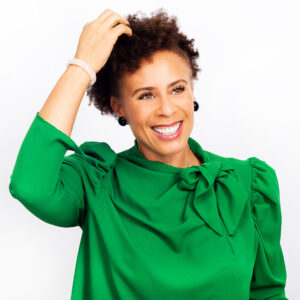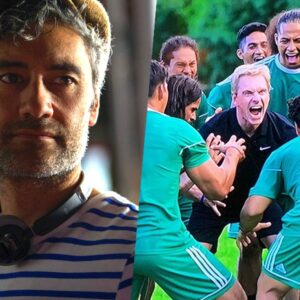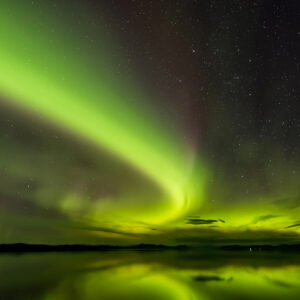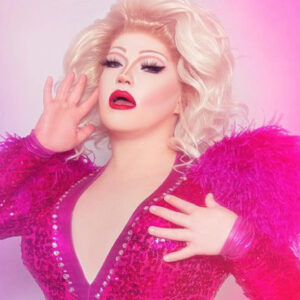
With Disney’s reputation for having a sensitivity block in offering good material that spreads outside of European cultures, many were wary of the reveal of their next blockbuster, Moana at the end of 2016.
But the selection of Auli’i Cravalho, a Hawaiian singer and actress from Kohala as the voice of Moana, and the choice of Dwayne “The Rock” Johnson of Samoan ancestry as Maui, Disney seemed to cover all of the bases in their ability to bring forth a masterpiece.
And Polynesians were surprised.
These are some opinions collected by Buzzfeed Contributor Will Varner.
“I was rolling my eyeballs around and around in my head,” said Sina, 31, Samoan, Native Hawaiian, Japanese. “I felt like Disney was going to ruin it all again, like Lilo and Stitch, the other Hawaiian animation with an awesome soundtrack, but a weird, hard-to-relate-to storyline.”
“I was excited but also skeptical, I didn’t want the culture to get twisted and misrepresented,” Gina, 44, Samoan, Native Hawaiian, European, and Native American. “But I was happy that perhaps there would be a Disney princess who looked like my daughter since none of the other ones are really representative of her.”
“For Polynesians, this movie is a big deal,” Max, 29, Hawaiian, Chinese, and European. “This is a rare movie because it’s putting Polynesians front and center and giving Polynesian children a movie that they can see themselves in. That alone is priceless. Every culture deserves their screen time in my opinion.”
“I’m not sure if non-Polynesians understood that the movie is a portrayal of all of the Polynesian cultures, not one specific culture in particular,” said Sarana, 37, Samoan.
“Moana by far was the most incredible,” Setema, 40, Samoan. “Her heart, her desire, her strong will, and her unrelenting, unconquerable spirit allowed her to listen to her inner voice and go forward. She was so committed that she risked everything. They made her absolutely beautiful inside and out.
“I know it’s a Disney Princess movie and they want to instill power to the princess but in the Tongan culture women don’t become chiefs,” Nik, 28, Tongan and Caucasian. “I am sure they did a lot of thinking about it and I loved the movie overall, but coming from a Tongan background it was a little weird to have a female chief.”
“I think it is important to point out that many Polynesians changed opinions and reactions because there were a lot of active discussions and dialogue in our communities regarding the movie,” said Jessica, 37, Samoan, Niuean. “My initial reaction was ‘oh great, another Lilo and Stitch nightmare. What is Disney exploiting this time for profit?’ As the movie release got closer I had other questions: Why are they desecrating sacred things? Did they do their research? What’s with the dumb Maui Halloween costumes of full body with tattooing? It reminded me of the dumb sumo costumes that can be offensive to Japanese culture.”
Jessica brought up a good point.
The release of the Maui costume brought about an “aha” moment for Disney, as the realization that the wearers of the costume would be wearing Maui’s skin, with the depiction of meaningful tattoo’s, dark complexion and all. In other words, the children wearing the costume would be appropriating culture and the notion that “skin is not a costume.”
The costume itself showed Maui’s tattooed skin and upper body in a long t-shirt form, a rope necklace, brown trousers and a skirt made of leaves. This pushed Disney to remove the controversial costume after being called out.
“The team behind Moana has taken great care to respect the culture of the Pacific islands that inspired the film, and we regret that the Maui costume has offended some,” Disney said in a statement. “We sincerely apologize.”
However, many other costumes remain on the shelves that can and will offend people of colour and ethnicity, even though they are protested. Be mindful in your selection this trick-or-treating season.











